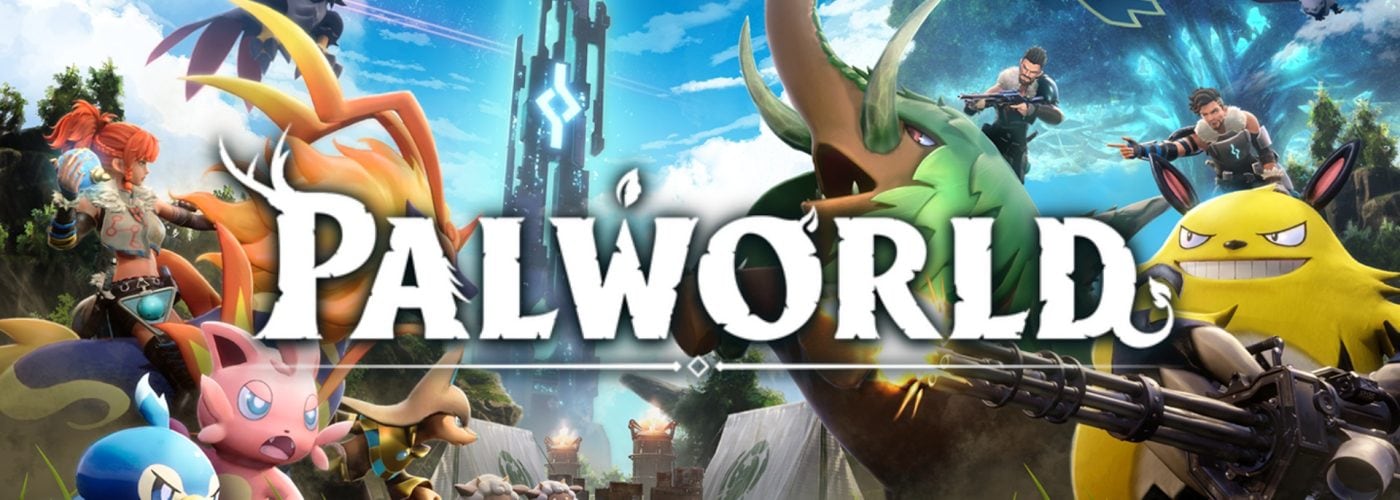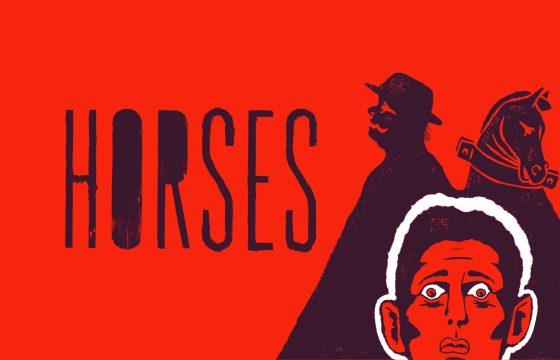Pocketpair has broken many records with Palword. A survival game that was very popular for some of its Pokémon-like mechanics.
In just over 5 days since its release, Palworld has sold more than 6 million copies. An incredible and almost unexpected success, also considering that the title is in early access, and still has many things to fix. Certainly the hype generated by its similarity to the Pokémon brand and its also being available on Game Pass have certainly helped the title.
Let’s not waste time talking and try to understand what the real backbone of the Pocketpair game is.
What is Palworld?
Despite the great attention focused on the monsters that inhabit this world, Palworld is fundamentally a Survival. There’s been a lot of talk about the similarities to Pokémon, but the biggest similarity is definitely to another game, Ark.
In fact, Palworld is a survival game in all aspects, with a very strong inspiration from Ark. The Pals, the monsters that inhabit the island, are managed and can be used in a very similar way to Ark, not to mention the survival crafting mechanics. Both the diagrams for the construction and implementation of technologies are very reminiscent of the latter title, even if it is less punitive and difficult. By increasing both the character level and the base level we can both access new technologies and the points to unlock them.
The collection of resources, the creation of tools to obtain them and the construction of various increasingly complex structures are the core part of the survival genre.
Palworld and Pokémon: what was taken
It is undeniable that Palworld has taken dynamics and concepts (even aesthetic ones) from two great Nintendo titles: one is Pokémon and the other is partly Zelda.
As for Zelda we have some tools such as the gliding sail, the hot/cold dynamic and the use of stamina. The protagonist can climb, swim and explore freely as long as he doesn’t run out of stamina. The same goes for using the sail for gliding. Ultimately it’s not such an impactful reference, but it catches the eye thanks to the second similarity, that with Pokémon.
In Palworld we can capture the Pals, creatures that roam free around the world. Capture occurs by throwing spheres at them and the chances of capture have different percentages depending on the hit points and statuses inflicted. The fewer hit points a Pal has, the higher the chance of capture. This will increase and give bonuses based on how many captures we make of the same Pal.
Pals are also divided into types such as water, fire, earth poison and even normal. They can level up but not evolve, learn new moves and have passive abilities that are reminiscent of Skills and Natures from the GameFreak franchise.All managed via a Pal Box which, once crafted, allows us to form our team of 5.
The strong aesthetic appeal is undeniable, in the creatures, in the dynamics and also in the interface which is very reminiscent of Pokémon Arceus. We can also have a Pal come out of the sphere who will follow us on the adventure.


Palworld and the Game World
Palworld is still a survival game, the explorable world is vast and there are altars that will serve as quick travel. Scattered around the map there are dungeons, human enemies and world bosses to face. Early access virtually ends with the defeat of the boss inside Rayne’s Syndicate Tower. Pals are a great resource and have two types of passive abilities. The former can be used in combat as an attack and defense bonus, including elemental ones, while the latter are useful for collecting and managing the base.
Furthermore, each Pal has skills in managing resources and, if left to work on base, they will act autonomously. In fact, the player can assign specific orders to the creatures such as using the furnace for the fire ones or irrigating for the water ones. There are also Pals who are good at making lumber, using the pickaxe or using the workbench. So while we explore, our collaborators run the base themselves. They also know when to rest and forage for food, doing all this without any orders from us.
There are also tools that allow us to use the Pal as a weapon, arm it with a pistol or use larger ones as mounts.
All That Glitters is Not Gold
Palworld is still in early access, or to put it simply, it is still alpha.
Even if Pocketpair has worked well on a survival/management level, the feeling of a game that is far from finished is evident. The dungeons encountered are practically identical and have a color reskin depending on the dominant element. The combat is still quite basic and we’ll see how in-depth it will be. A really sore point is the A.I. of the Pals and the opponents. As diligent and well managed as the creatures are inside the base, outside there is the real problem. The clashes and above all the pathing of the creatures and opponents are really problematic. Bugs or stuck creatures will be very frequent, such as Pals that will get stuck or end up on top of each other for no apparent reason.


My Two Cents
We have seen very little of Palworld and although it is not a true Pokémon-like it is incredible how an alpha is so technically and in terms of monster management superior to the latest GameFreak titles. I say all this as a Pokémon lover since the first generation and with sadness in my heart. Perhaps this unexpected success is also thanks to GameFreak which, despite the economic and development possibilities it may have, has presented poor titles in recent years, disappointing historic fans who have always loved the brand unconditionally.
I hope that with the proceeds made Pocketpair can work to resolve the serious problems of the title. In addition, develop a good, complex game that can continue to entertain users, but only time will tell.
What are your thoughts? Have you tried Palworld? Let us know yours.









